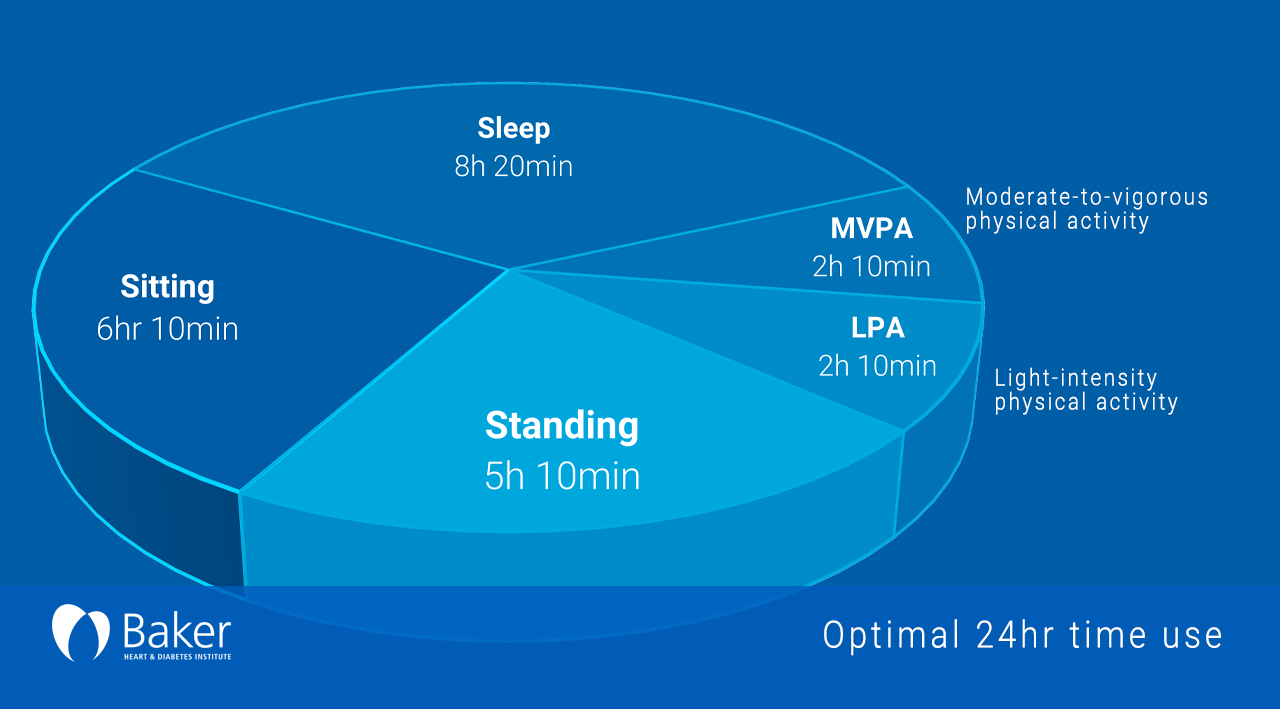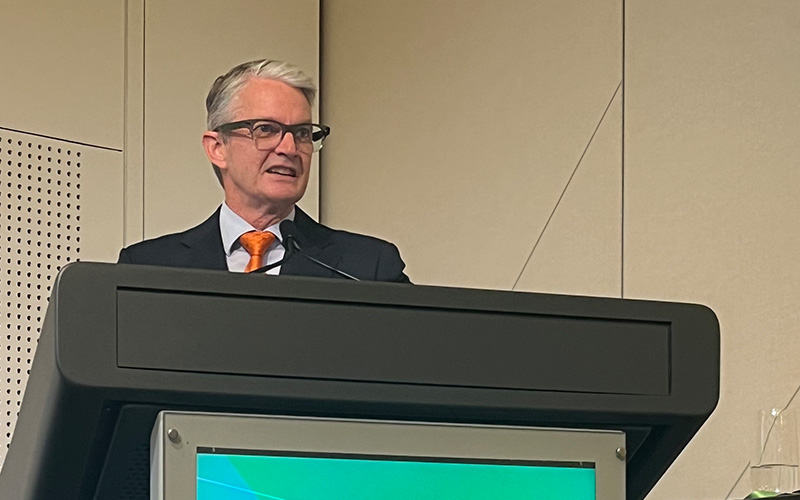Parliament House, Canberra
Introduction
Thank you Fiona McLeod for your welcome.
Acknowledgement
I acknowledge the Ngunnawal people, on whose lands we are gathered today, and pay my respects to their Elders past and present.
I extend my respects to all Aboriginal and Torres Strait Islander peoples present today.
I also acknowledge my parliamentary colleagues here today:
- The Hon Andrew Leigh MP, Assistant Minister for Competition, Charities and Treasury;
- Helen Haines MP, Member for Indi;
- Zali Steggall OAM MP, Member for Warringah; and
- Former Senator for South Australia, Rex Patrick
Accountability round table’s integrity awards
It is a great honour to be invited to speak today.
The Accountability Round Table’s Integrity Awards are a valuable opportunity to recognise federal parliamentarians who demonstrate honesty, civility, independence or political courage in support of transparent and accountable government, good parliamentary practice, and the protection of people’s political and civil rights.
The integrity of Australia’s public institutions lies at the heart of the Australian Government’s capability to deliver social, political and economic outcomes in the public interest.
These Awards also act as a reminder that all parliamentarians, who share the great honour and privilege of representing our communities in the federal Parliament, are the custodians of our nation’s democracy and the rule of law.
A central part of the Albanese Government’s agenda is to restore public trust and strengthen standards of integrity in our federal government.
The Albanese Government is committed to integrity, honesty and accountability in government.
National anti-corruption commission
We are delivering on our commitment to legislate a powerful, transparent and independent National Anti-Corruption Commission (Commission).
I expect to introduce a Bill for the establishment of the Commission in this sitting period.
The Commission will operate independently of government and will have broad jurisdiction to investigate serious or systemic corruption across the Commonwealth public sector.
It will have the power to investigate ministers, parliamentarians and their staff, public servants, statutory office holders, and contractors.
It will have discretion to commence inquiries on its own initiative or in response to referrals from anyone, including anonymous referrals.
The Commission will be able to investigate both criminal and non-criminal corrupt conduct, and conduct occurring before or after its establishment.
It will have the power to hold public hearings, where it is in the public interest to do so.
A Parliamentary Joint Committee will oversee the Commission and will be empowered to require the Commission to provide information about its work.
This legislation is a key part of our agenda to restore public trust and strengthen standards of integrity in our federal government.
It gives full effect to the design principles we took to the election; principles that were developed with eminent legal and integrity experts and endorsed by the Australian people.
The Commission will form a central pillar of the broader federal integrity framework in Australia. We are continuing to strengthen this framework, including by establishing a merit-based appointments process in the Attorney-General’s portfolio.
Establishing a robust code of conduct for ministers
The Prime Minister has also introduced a new Code of Conduct for Ministers.
This Code is underpinned by key principles that Ministers must act with due regard for integrity, fairness, accountability, responsibility and the public interest. It sets a higher standard than ever before.
Ministers are expected to demonstrate that they are complying with these high standards of conduct and, in doing so, living up to the expectations of the Australian public.
The Code mandates the divestment of shareholdings and abolishes the use of blind trusts.
It also establishes Ministers’ obligations to ensure the safety of workplaces, aligned with the recommendations of the Jenkins and Foster reviews.
Strengthening the electoral process
Australia’s democratic system is one of the best in the world.
The Government is committed to strengthening Australia’s democracy by improving transparency and accountability in our elections, to ensure Australians can continue to have confidence in our electoral processes.
To that end, the Government has recently asked the Parliament’s Joint Standing Committee on Electoral Matters to consider opportunities to strengthen the transparency and accountability of our electoral processes.
It is important that the Committee hears from a diverse range of voices and I encourage you all to reflect on your experience with the 2022 federal election and have your say on our electoral system and our democracy.
Conclusion
In accepting the Button Award back in 2013, I spoke about the ‘privilege of coming here to work in this Parliament, to make changes in the law, to achieve changes in administration’ and ‘working to improve access to justice, transparency, openness, and accountability in government’.
I noted then that ‘it is work that never ends’ and referred to the ancient Jewish texts which observed “It is not up to you to complete the work, but neither are you free to desist from it.”
With that in mind, I am humbled and honoured to once again to be in a position where I have the opportunity to work to restore public trust and improve integrity, honesty and accountability in government.
I would again like to acknowledge the important work of the Accountability Round Table in promoting the highest standards of integrity in government, and note that our public discourse is richer because of your ongoing work and engagement in this area.
Thank you for your time today and for inviting me to speak at this important event.








